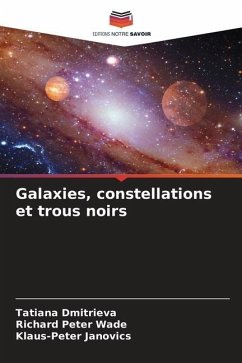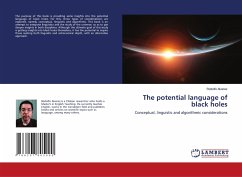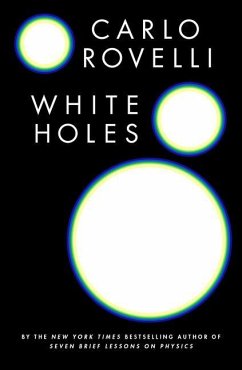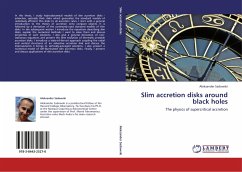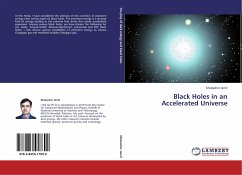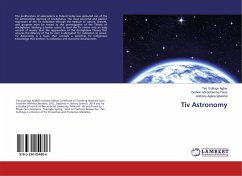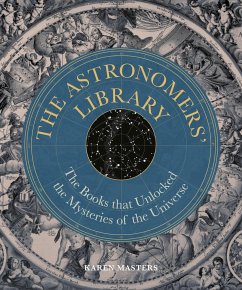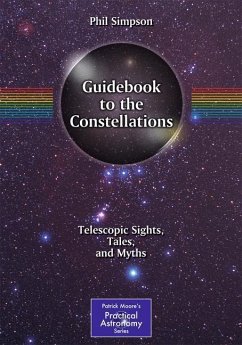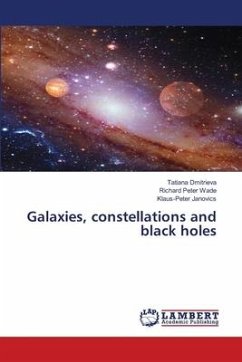
Galaxies, constellations and black holes
Versandkostenfrei!
Versandfertig in 6-10 Tagen
29,99 €
inkl. MwSt.

PAYBACK Punkte
15 °P sammeln!
This book tells about the main constellations and galaxies. It also contains a small systematization of the main galaxies and constellations. The book tells what a black hole is and its features. The celestial astronomy is an extensive branch of modern astronomical science that deals with the statistical analysis of observational data and the study of the collective properties of stellar and gaseous objects in our and other galaxies in order to understand the structure and development of galaxies and the stellar Universe as a whole. Unlike astrophysics, which studies the nature of various obje...
This book tells about the main constellations and galaxies. It also contains a small systematization of the main galaxies and constellations. The book tells what a black hole is and its features. The celestial astronomy is an extensive branch of modern astronomical science that deals with the statistical analysis of observational data and the study of the collective properties of stellar and gaseous objects in our and other galaxies in order to understand the structure and development of galaxies and the stellar Universe as a whole. Unlike astrophysics, which studies the nature of various objects, stellar astronomy deals with large ensembles of these objects and operates with their average parameters. It prepares materials for the construction of theoretical models of the origin and evolution of stellar systems, and at the final stage it checks the fulfillment of the observable consequences of these theories. Stellar astronomy makes use of vast, ever-increasing observational material, in the analysis of which the methods of mathematical statistics are very widely used.



